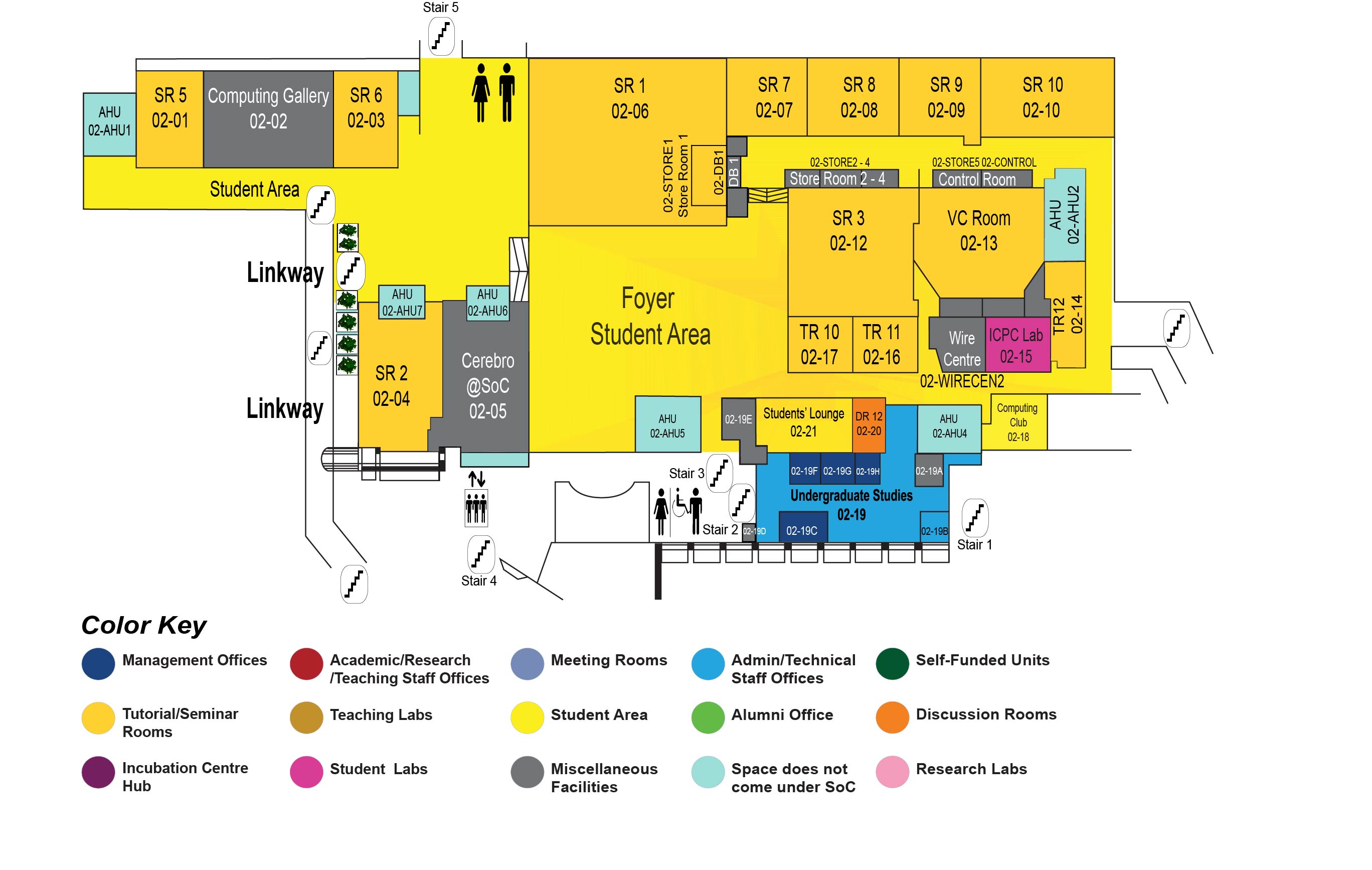Towards Mastery Learning through Achievements
COM1 Level 2
SR3, COM1-02-12

Abstract:
The canonical programming course is structured around a number of programming assignments, with the intention that understanding of programming concepts is best taught through implementation. This talk is about a deviation from this formula, in an effort to encourage students to be more active in managing their own studies. By changing the formula from assignment-centric to concept-centric, we accidentally rediscovered ideas put forward in mastery learning.
This talk reports on several years of experience in running a full-semester 2nd year programming course in mastery learning-like style, where the foremost goal of assignments is to produce evidence that can be used to demonstrate mastery as opposed to produce a running program. Students are free to chose their individual way of navigating through the map of required concepts, skills and tools -- what to demonstrate, when to demonstrate, and how to demonstrate. I will discuss how students handle such a disruptive change in course design (within our local curriculum), and report on the experience of refining design choices, open problems and lessons learned.
Biodata:
Tobias Wrigstad is an associate professor in Computer Science at the Department of Information Technology at Uppsala University. His main interests are programming languages, software engineering and effective teaching methods. Tobias' current active research interests include type systems, concurrent and parallel programming, garbage collection, memory and cache utilisation, the use managed languages for scientific computing, and dynamic programming languages. In recent years, Tobias has spent considerable effort in deploying mastery learning techniques and effective course design. He is currently excited about applying graph theory to explore designs and dependencies of multi-year degree programmes.

